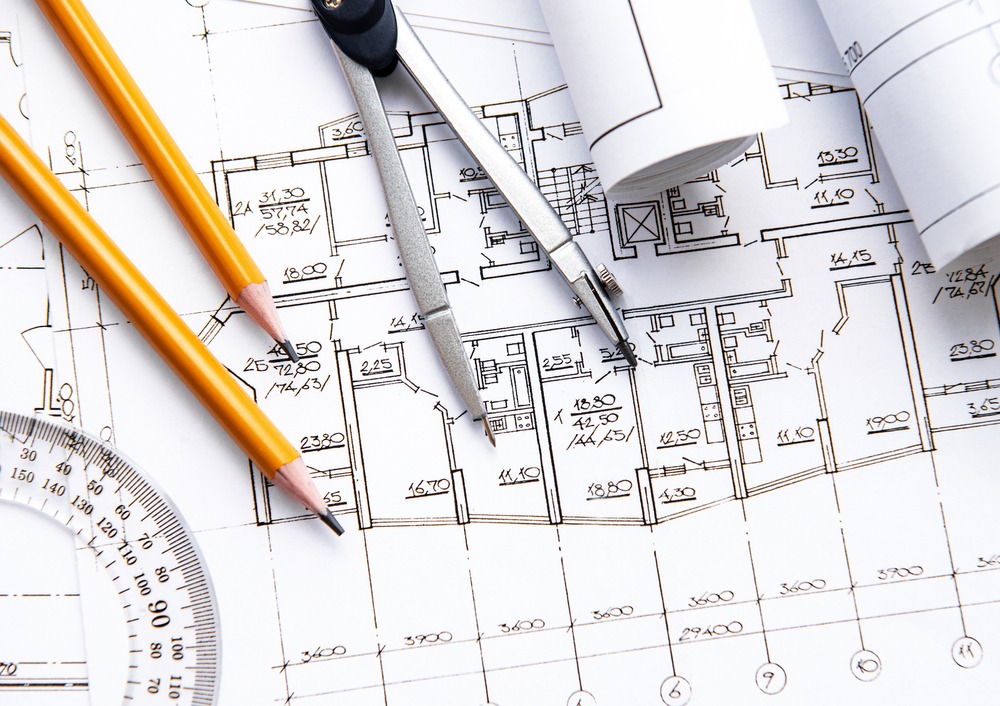Building a new home? Congratulations!
Building is a great way to create the home you’ve always wanted while knowing that everything will be in excellent condition from the moment you move in
However, building a home also comes with its challenges.
If you want to ensure your new home build is everything you want it to be (and hopefully more), there are a few things you need to know before you get started:
1. Home Builders Are Not All the Same
Depending on the type of project and your overarching design direction, some builders will be better suited to the project than others.
The main thing you’ll need to consider when choosing a builder is whether to use a custom or volume home builder.
Volume builders are a great low-cost option if you’re happy to choose an ‘off the shelf’ home that doesn’t require a great deal of customization from their design catalogue.
However, if you have something a little more unique in mind, you’ll need to find someone like these custom home builders that aren’t constrained to working within a limited design set.
2. Invest Where it Matters Most
Building is a great way to ensure you can pack everything on your wishlist into your new home, but it also requires some careful planning to ensure you invest your money in the right places.
While additions like a swimming pool or lavish custom features would be wonderful, they may not add as much value as they cost.
To ensure you don’t overcapitalize on your new home, it’s worth doing your research to understand home values in the local market and the type of features buyers are looking for at different price points.
While you shouldn’t compromise on the things that are really important to you, investing in the features that buyers value most will act as an insurance policy to ensure you can recoup your investment should you need to sell.
3. Last Minute Design Changes Can Cost Big Money

Most builders or contractors are good at costing a project—provided you stick to the initial plan.
If you’ve never built before, it can be difficult to envision the perfect design from the get-go and some design issues may only come to light as the project progresses.
However, making changes to your plans after the project has been scoped and costed is one of the most common causes of budget blowouts.
Something that might be a seemingly simple change is done late in the piece, it can have significant flow-on cost implications—additional costs that could have been easily avoided by investing a little extra time during the design phase.
4. Always Include a Contingency Budget
Further to the previous point, it’s also important to have a comfortable contingency budget you can fall back on if you do find you need to make last-minute design changes or if you encounter any unforeseen issues during the build.
Ideally, you want to allow for a contingency of around 10% of the total cost of the project to ensure you’re well-prepared to handle any hiccups you might encounter along the way.
5. Prepare for the Unexpected
As Murphy’s Law states, “anything that can go wrong will go wrong”—and home building is no exception.
Even the most well-planned project is susceptible to issues and delays—from challenging weather conditions, to planning setbacks, materials supply issues, or contractor illness or injury, there are a lot of factors that can slow the progress of your project.
While your builder should provide you with a project schedule, it’s important to remember that the schedule is only a guideline and you need to plan for the possibility that the project can’t be completed within the originally stated timeframe.



Comments are closed.